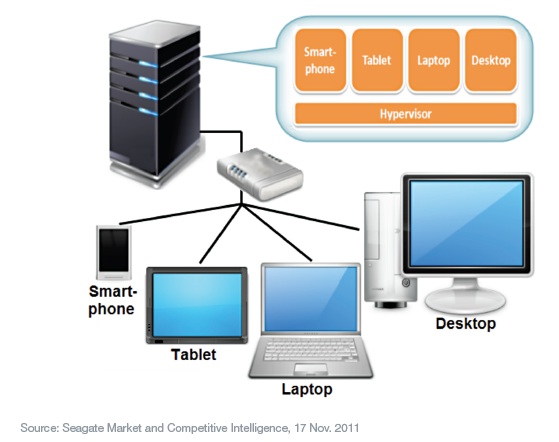

- Virtual pc hosting how to#
- Virtual pc hosting upgrade#
- Virtual pc hosting full#
- Virtual pc hosting software#
- Virtual pc hosting professional#
Multiple physical servers require space, power, and money to maintain.Ī virtual server mimics the functionality of a physical dedicated server.
Virtual pc hosting full#
Traditionally, a physical server is dedicated to a specific task or application with its full processing power. Virtual servers are common because they can provide more efficient resource control and are cost-effective through server virtualization.
Virtual pc hosting software#
<< Back to Technical Glossary Virtual Server DefinitionĬompared to a dedicated server, a virtual server shares software and hardware resources with other operating systems (OS).
Glossary Get familar with related technical terms. Support Contact support to resolve issues. Virtual pc hosting professional#
Professional Services Engage with professional services for migration and customization. Knowledge Base Get the best documentation on our product. LBTV Hits all major topics of modern load balancing. Virtual Summit Attend a quarterly summit to learn more. Webinars Join our subject matter experts to explore a use case. Content Library Find everything related to multi-cloud load balancing. How-To Videos Watch 3-5 min videos and learn new skills. Virtual pc hosting how to#
Operations Videos Learn how to deploy our prooduct.Workshops Attend free workshops to get hands-on.Start Here Get the catalog of all eduational offerings.Container Ingress Connect and secure container applications.Software Load Balancer Modernize hardware load balancers.Intelligent WAF Protect web applications with WAF.Overview Bring simplicity and flexibilty to consume cloud services.VMware Tanzu Bridge lab-to-production gap with Kubernetes Ingress Services.Kubernetes Deliver enteprise-grade ingress services for any container platform.OpenStack Build private cloud with advanced load balancing on OpenStack.Google Cloud Platform Future-proof application delivery for Google Cloud.Amazon Web Services Make multi-cloud load balancing easy for AWS.Microsoft Azure Deliver enteprise-grade load balancing on Azure.VMware vSphere Modernize data center and extend VMware load balancing anywhere.VMware Horizon Enable remote working with the best integrated VDI solution.VMware NSX Connect and secure your workloads with native NSX integration.
 Web Application Firewall Secure web apps with scalable application security.
Web Application Firewall Secure web apps with scalable application security. Virtual pc hosting upgrade#
Upgrade from F5 Replace legacy load balancers with modern load balancing. Platform Architecture Take a new approach to application services. Platform Overview Deep dive into software-defined architecture. What We Do Understand multi-cloud load balancing. Moreover, it isolates individual guest VMs from one another and makes it possible for a host to support multiple guests running different operating systems. Similarly, a host VM may exist as part of the resources of a single physical machine or as smaller parts of the resources of multiple physical machines.Ī virtual machine monitor (VMM), or hypervisor, intermediates between the host and guest VM. It can also be moved between host servers to accommodate demand fluctuations or use resources more efficiently. Thus, one or more virtual guest machines can run on a physical host machine. The host VM is the physical machine that provides the guest VM with computing hardware resources, such as:Ī guest VM can exist on a single physical machine but is usually distributed across multiple hosts for load balancing. It is also known as a guest computer, guest OS or, simply, guest. The guest VM is an independent instance of an OS and associated software and information. However, the host VM is accessed differently from a guest VM. Its functionalities are similar to those of a guest VM. The host VM is hosted and operated from a remote cloud server. The host VM and guest VM are the two components of a VM. The virtualization server does these assignments to manage the operation of all host machines. It is also assigned security and statistical information about their performance and throughput. Its data is stored in a virtualization environment that is integrated with the virtualization manager application.Įvery host machine is assigned infrastructure resources that are statically or dynamically scalable. The host VM requests its compute power from the host server. Simply put, the host machine is the machine creating the guest VM. It allows users to create a guest VM with a user operating system ( OS), applications, compute resources, etc. The host virtual machine explainedĪ host VM is an important virtualization technique. Together, the host virtual machine and guest virtual machine make up a virtual machine server. A host virtual machine is the server component of a virtual machine ( VM), the underlying hardware that provides computing resources to support a particular guest virtual machine (guest VM).






 0 kommentar(er)
0 kommentar(er)
